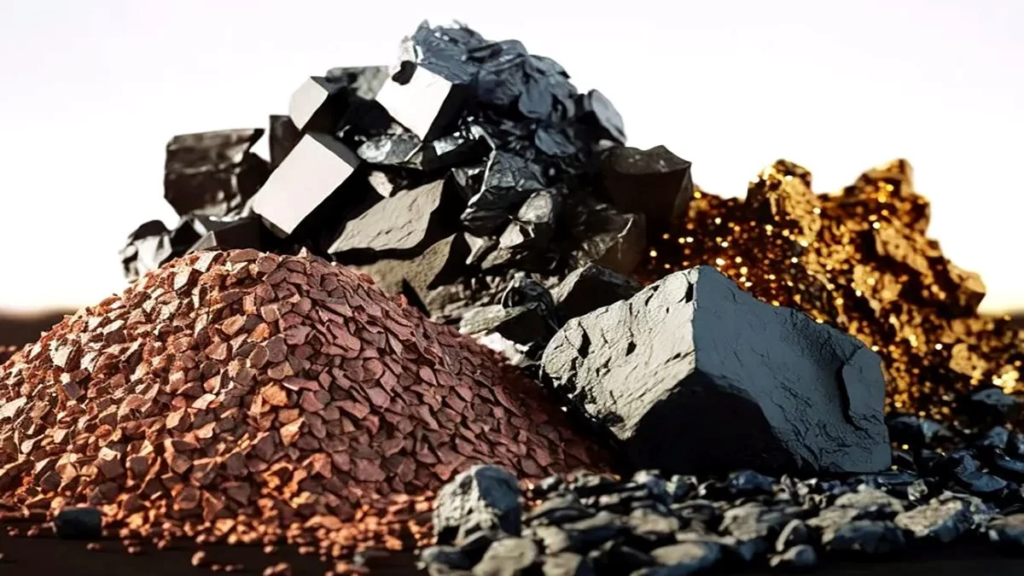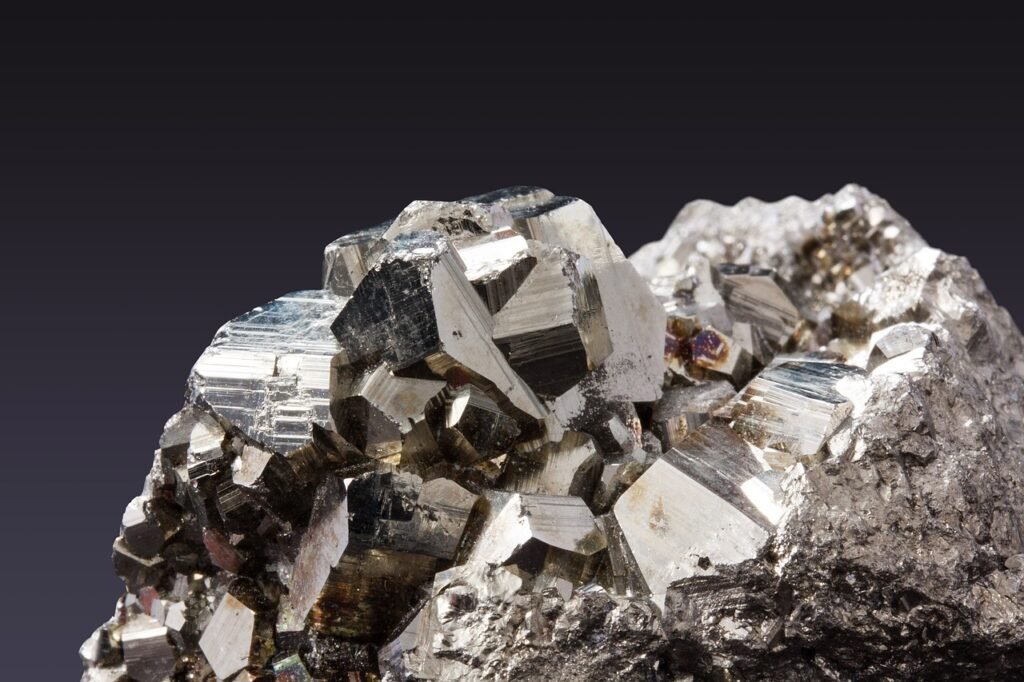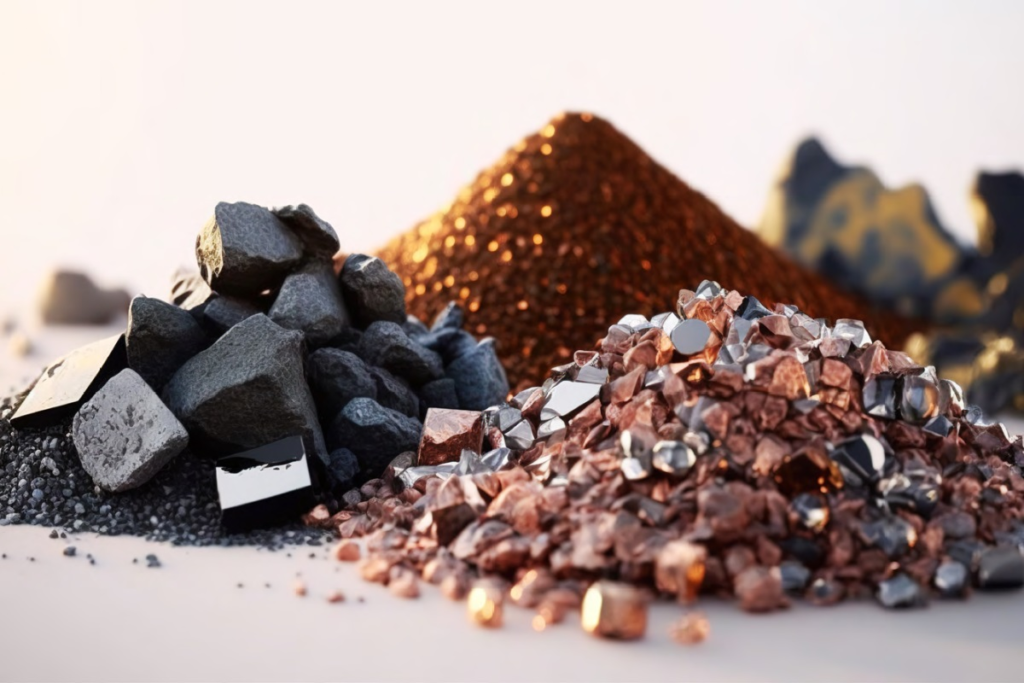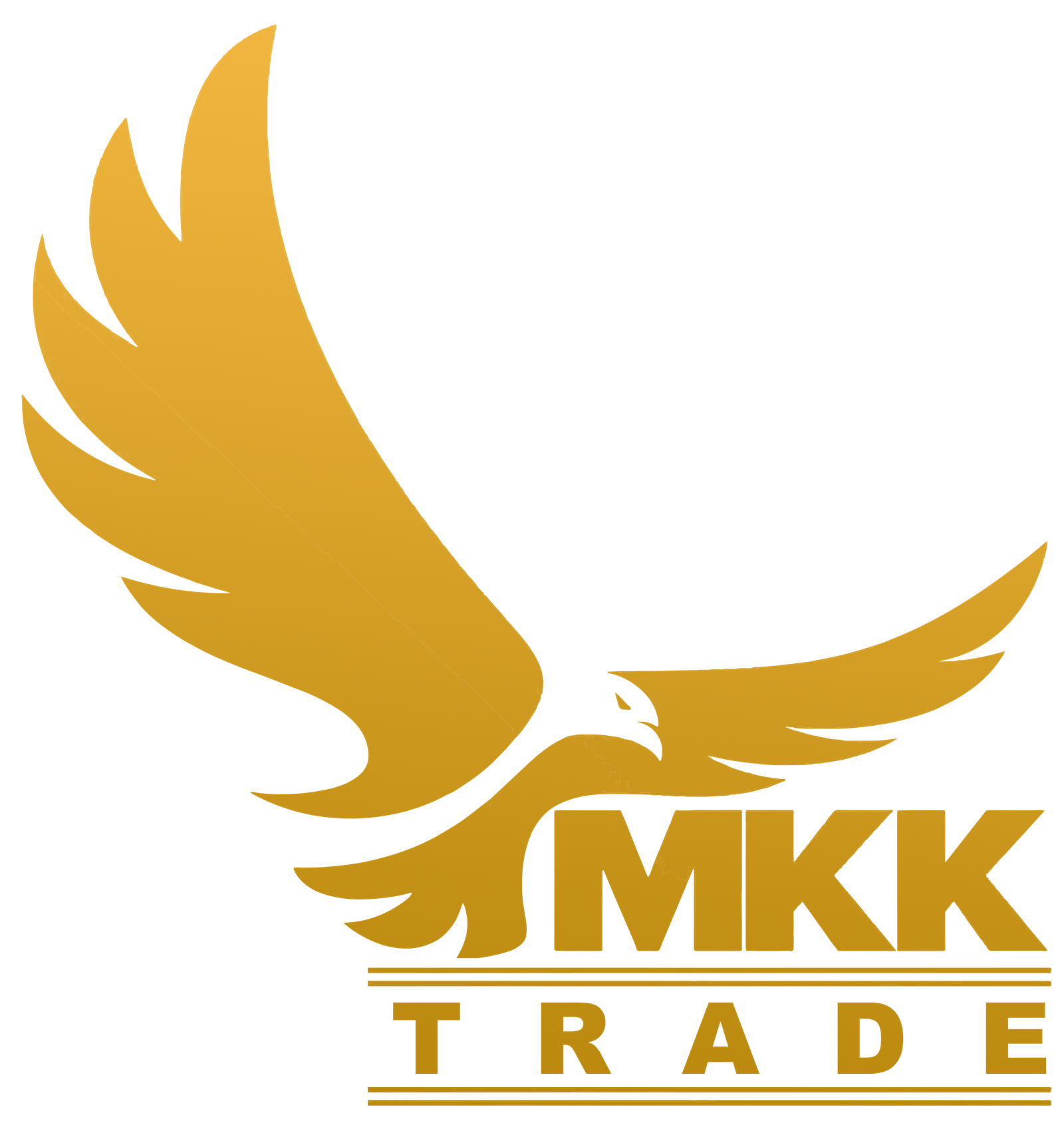Office #207-2nd Floor-ZALFA BUILDING-NEAR Jumeirah Creekside Hotel-Garhoud -Dubai UAE
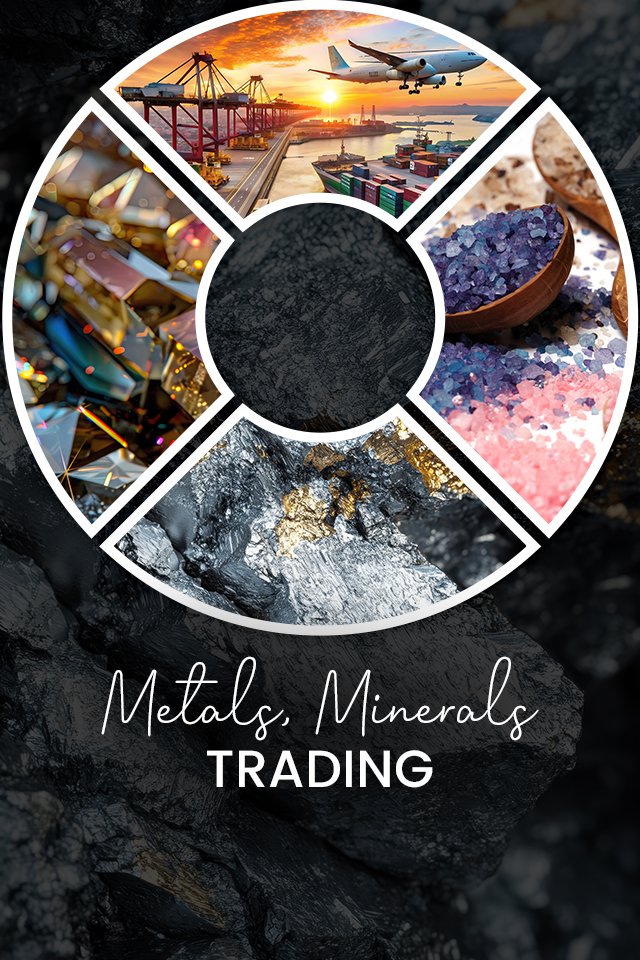
Empowering Industries with Premium Metals and Minerals
Metals Minerals Trading Exporter
MKK Trade is a trusted supplier of high-quality metals and minerals, supporting a wide range of industries including construction, manufacturing, automotive, and energy. We specialize in sourcing and delivering essential raw materials that meet the highest industry standards, ensuring that your business has the resources it needs to thrive.
Fabric Trading
Fabrics that Inspire: MKK Trade's Textile Solutions
Building Materials
Building Strong Foundations with MKK Trade
Foodstuffs
Your Trusted Source for Global Food Products
Fish
Choose your favorite category mauris orci dignissim nisl
Wine
Choose your favorite category mauris orci dignissim nisl
Pizza
Choose your favorite category mauris orci dignissim nisl
Chicken
Choose your favorite category mauris orci dignissim nisl
Burger
Choose your favorite category mauris orci dignissim nisl
Dessert
Choose your favorite category mauris orci dignissim nisl
Our Metals and Minerals Offerings
Steel and Iron : We provide a comprehensive selection of structural steel, iron rods, and reinforcement bars, ensuring strength and durability for construction and industrial projects.
Aluminum : From lightweight aluminum sheets to robust profiles, our aluminum products are ideal for use in automotive, aerospace, and packaging industries.
Copper : We supply high-conductivity copper used extensively in electrical wiring, electronics, and renewable energy solutions, essential for the smooth functioning of modern technology.
Other Metals : Our offerings also include zinc, nickel, and lead, critical for various manufacturing and industrial applications.
Industrial Minerals : MKK Trade supplies a range of industrial minerals such as silica, limestone, gypsum, and more, which are crucial for cement production, glass manufacturing, and other industrial processes.
Stringent Quality Control
Sustainable Practices
Efficient Logistics and Delivery
Supporting Your Business Growth
At MKK Trade, we understand the critical role that metals and minerals play in the success of your business. Whether you’re constructing infrastructure, manufacturing machinery, or producing electronics, our premium metals and minerals are the building blocks of your success. Our tailored services ensure that you receive the right materials, in the right quantities, when and where you need them.
Starting from
$6
Why Choose us :
Stringent Quality Control
All our metals and minerals undergo strict quality checks to ensure that they meet industry standards and client specifications, providing you with reliable products for critical applications.
Global Sourcing Network
Our extensive network of trusted suppliers ensures access to the best quality metals and minerals from around the world, providing consistency and reliability in supply.
Sustainable Practices
At MKK Trade, we are committed to ethical sourcing and sustainability. We work with suppliers who prioritize environmentally responsible mining and production practices.
Customized Solutions
Global Sourcing
Efficient Logistics and Timely Delivery
Desserts
Choose your favorite category mauris orci dignissim nisl, id gravida nunc enim quis nibh. Maecenas convallis eros a ante dignissim.
Starting from
$12
Panna cotta$18
Maecenas interdum lorem eleifend orci aliquam mollis.
Chocolate cake$14
Maecenas interdum lorem eleifend orci aliquam mollis.
Fruit and almond tart$25
Maecenas interdum lorem eleifend orci aliquam mollis.
Lemon and almond cake$14
Maecenas interdum lorem eleifend orci aliquam mollis.
Tiramisu$12
Maecenas interdum lorem eleifend orci aliquam mollis.
Chocolate pudding$15
Maecenas interdum lorem eleifend orci aliquam mollis.
Strawberry cheesecake$25
Maecenas interdum lorem eleifend orci aliquam mollis.
Italian ice cream$35
Maecenas interdum lorem eleifend orci aliquam mollis.
